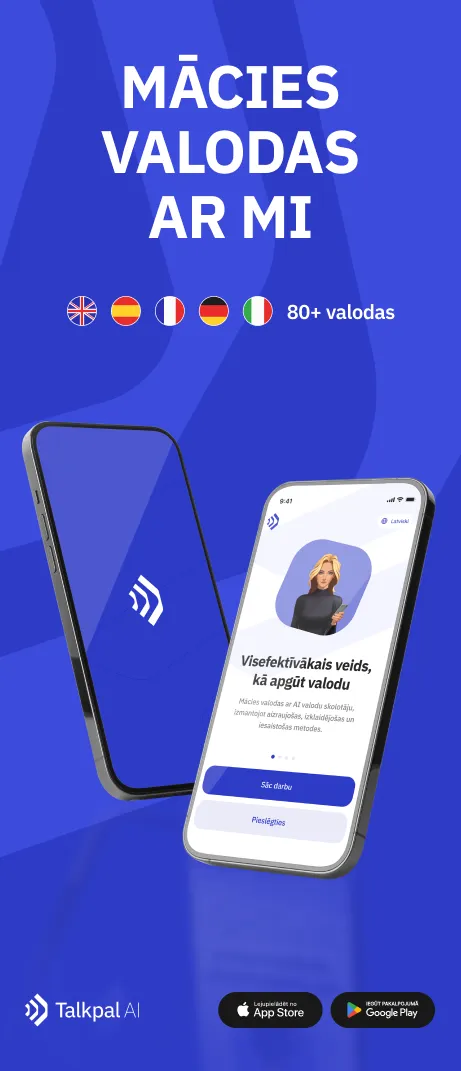Otrā nosacījuma vingrinājums 1
2. If she *had* more time, she would travel around the world. (pagātnes forma darbības vārdam “have”)
3. If we *lived* closer, we would meet more often. (vienkāršā pagātne no “live”)
4. If he *knew* the answer, he would tell us. (vienkāršā pagātne no “know”)
5. If they *were* here, they would help us. (lietojam “were” pie daudzskaitļa trešās personas)
6. If you *studied* harder, you would pass the exam. (vienkāršā pagātne no “study”)
7. If I *had* a car, I would drive to work. (pagātnes forma no “have”)
8. If she *spoke* English fluently, she would get a better job. (vienkāršā pagātne no “speak”)
9. If we *could* fly, we would visit many countries. (pagātnes forma no “can”)
10. If he *were* taller, he would play basketball. (lietojam “were” pie “he” otrajā nosacījumā)
Otrā nosacījuma vingrinājums 2
2. If she *had* a dog, she would take it for a walk every day. (pagātnes forma no “have”)
3. If we *were* more careful, we wouldn’t make so many mistakes. (lietojam “were” pie “we”)
4. If he *didn’t* feel sick, he would come to the party. (vienkāršā pagātne no “do” ar noliegumu)
5. If they *lived* in the city, they would use public transport. (vienkāršā pagātne no “live”)
6. If you *studied* more, you would understand the lesson better. (vienkāršā pagātne no “study”)
7. If I *were* you, I would accept the job offer. (lietojam “were” pie “I” otrajā nosacījumā)
8. If she *knew* how to cook, she would prepare dinner. (vienkāršā pagātne no “know”)
9. If we *had* more money, we would buy a new car. (pagātnes forma no “have”)
10. If he *could* speak French, he would work in Paris. (pagātnes forma no “can”)










